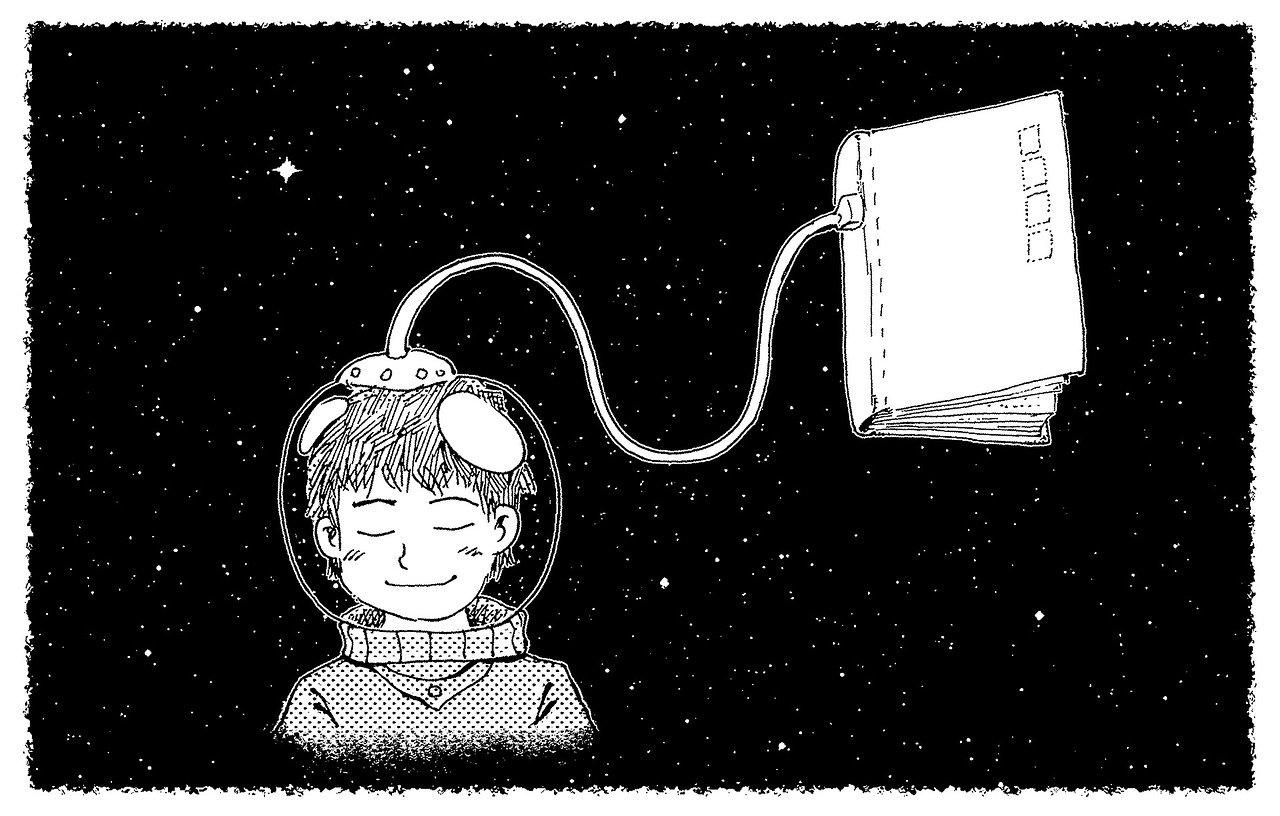Dreams are the only truly alternate world that many of us know. When we dream, we often experience lucid, vivid colors, bizarre and awkward plots, chaos, and sometimes, fear. For centuries, the world of psychology has attempted to extract meaning from our dreams, but its an ever-changing storyline. Dreams can often be deeply personal, taking us back to nostalgic times, or reminding us of people once in our lives. They can be eclectic and startling. They can leave us pondering their meaning for hours after waking.
Manipulating dreams is a goal for many. There’s simpler approaches, such as diet. For example, eating spicy meals prior to bed increases body temperature which sometimes leads to heavier REM sleep, which leads to more dreams.
But what about gaming?
Gaming offers hyper-intensive visual graphics, potent audibles, and often oddball storylines. Does the exposure of heavy gaming affect how we dream?
Sleep and Dreams
First, let’s break down why we dream.
We dream due to the REM sleep cycle. During REM sleep, we are sleeping, yet our brains maintain an active state. This is where most of the dreams go down. REM sleep is crucial for our health. But it can lead to some absurd, scary activities such as feeling temporarily paralyzed, preventing us from acting out our dreams. If you’ve had that happen, you know how scary it is.
Both REM and Non-REM sleep are essential for maintaining good health, cognitive function, and overall well-being. They work in tandem to ensure the body and mind undergo necessary restoration and processing during the night.
Science: Dreaming and Gaming’s Relationship
Delving into the research, we find evidence that gaming impacts our dreams.
Intense gaming certainly can lead to a more vivid style of dreaming and, oddly, less nightmares, according to Grant MacEwan University in Canada researcher Jayne Gackenbach.
Why? But of course, she believes it is due to gamers comfort with alter-worlds which are often bizarre and require them to traverse and navigate it for improved life.
“Gamers already know what it’s like to be in control in an alternate reality,” Gackenbach said. “So it makes sense that a gamer would notice, ‘hey, I’m in a dream,’ and know how to manipulate that situation.”
She also believes that intense gaming insulates gamers from nightmares because they find them less threatening, which makes sense given the alternate realities their used to.
Virtual Reality (VR) and Dreaming
Gaming is immersive. But VR gaming is much more immersive. VR likely has the power to further influence dreams.
The strong emotional and sensory experiences in VR could create more vivid memory traces, which might be more likely to be recalled or incorporated into dreams.
Emotionally charged VR experiences (e.g., horror simulations or virtual roller coasters) could potentially cause more vivid dreaming states.
There isn’t a whole lot in the world of research connecting VR and dreaming, but we’re gaining confidence that there is indeed a connection. In fact, VR might be used to influence dreams intentionally, possibly aiding in therapies for conditions like PTSD or recurring nightmares.
Conclusion
There is some science that supports a connection between dreaming and gaming. Anecdotally, it certainly makes sense that exposure to vivid graphics and powerful audio and absurd storylines could serve as the formula for increased dreaming.
